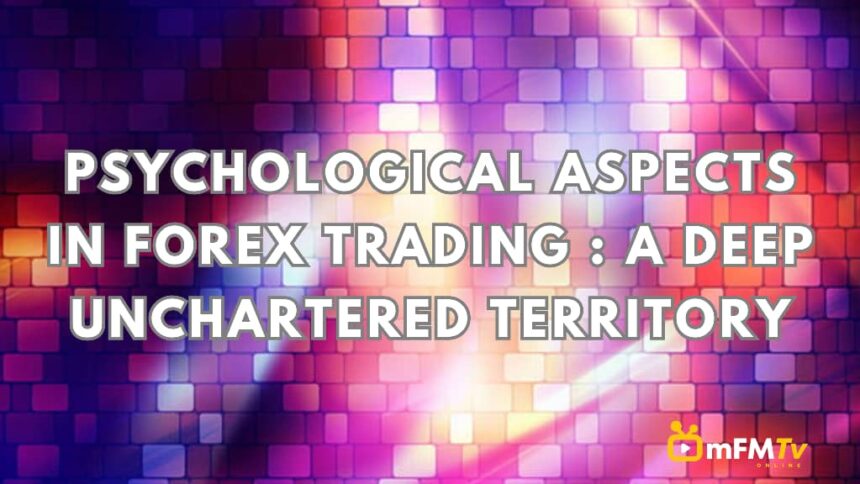New York, Sep 27 – While financial analysis and market trends occupy major spaces in Forex trading discussions, little is shed on the pivotal role psychology plays. Understanding its role is instrumental in investing maneuvers, experts suggest.
Forex trading hinges not only on strategical prowess but also presents a remarkable psychological challenge. Traders equipped with best trading strategies may falter if devoid of psychological strength.
“Forex is an intense trading environment that challenges your mental strengths and weaknesses,” said Michael Green, a leading Forex trader. He further added, “Remaining calm under pressure, managing fear and greed, and maintaining discipline are as important as a sound trading plan.”
Foremost among the psychological aspects is emotional control. Foreign exchange markets are famous for their fluctuations. How a trader reacts to these changes can significantly influence their success. Experts agree that eliminating emotion from trading decisions is a critical step towards improving results.
Richard Taylor, a renowned trading psychologist, remarks, “The two most dangerous emotions in trading are fear and greed.” Fear can lead to hasty decisions like selling too early, while greed can cause holding onto a currency for too long, hoping for a further rise.
Another aspect to consider is risk tolerance. Traders need to understand their personal natures and determine how much they’re willing to gamble. Those who are more risk-averse will approach Forex trading differently than those comfortable with high levels of uncertainty.
Additionally, successful traders embody the trait of patience. Forex trading is not about instant reward. It involves careful planning, persistent trend monitoring, and calculated decision-making. Impatience can lead to under-analyzed decisions, often resulting in significant losses.
Maintaining objectivity is crucial to respond to dynamic Forex market situations. However, psychological factors such as cognitive biases can often skew this objectivity leading to poor trading choices. Acknowledging these biases and working toward minimizing them form the crux of successful Forex trading.
Experts urge beginners to spend time on self-assessment in terms of psychological readiness before diving into the Forex arena. After all, long-term success in Forex trading is a symbiotic relationship between psychology and strategy, where one’s influence over the other cannot be underestimated.




